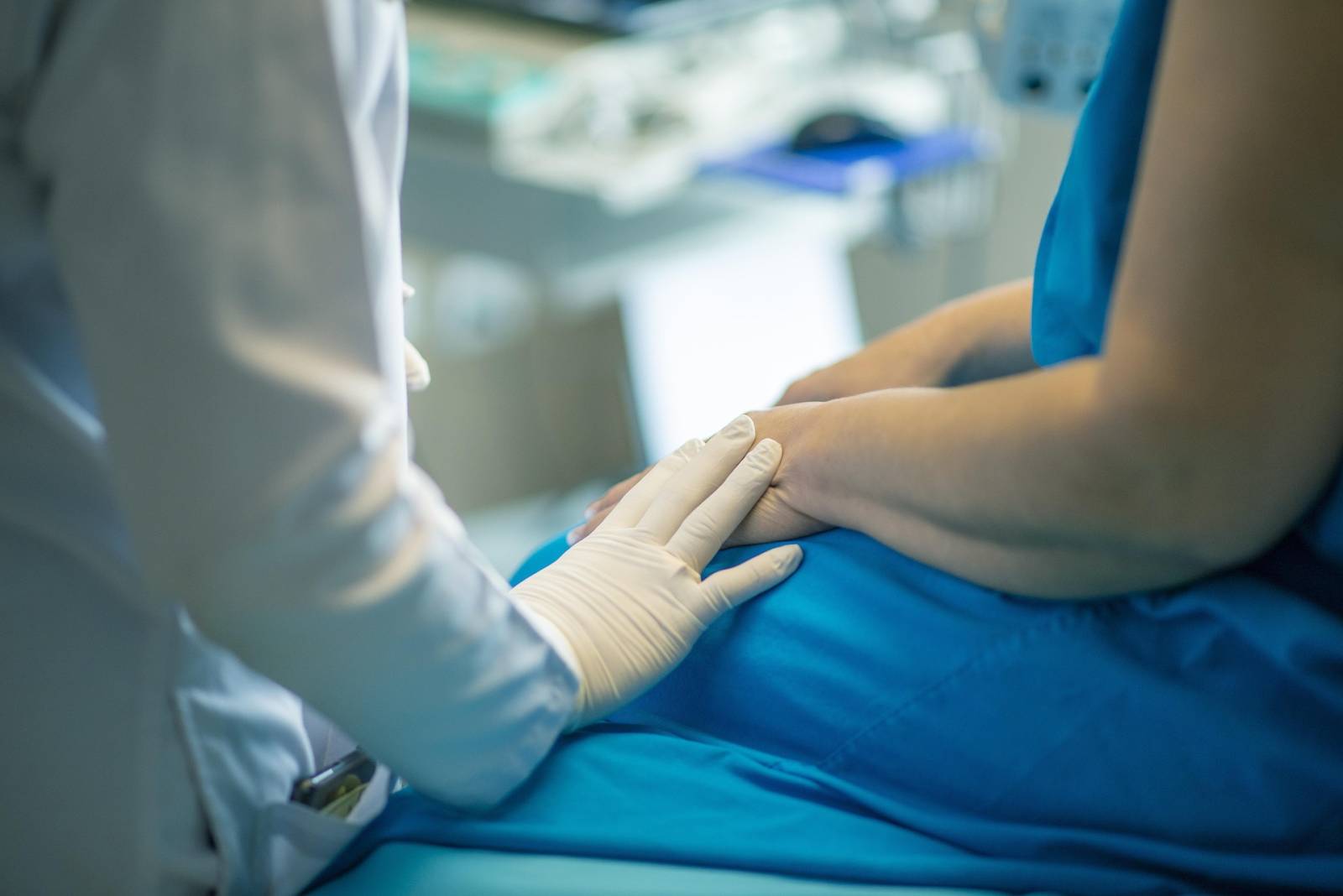Gender and chronic illness: Exploring clinical practices, health activism and lived experience (Tampere University, 26-27 August 2025)
A symposium organized by the Gendered Chronic Disease, Embodied Differences and Biomedical Knowledge (GenDis) project
Venue: Pinni B, Centre Campus
Chronic conditions have emerged as objects of public debate and policy initiatives in recent years. At the same time, there are differences in how specific chronic conditions are perceived: conditions where pharmaceutical pain care is needed often raise concern; conditions with unknown etiology may be challenged; and some conditions are debated as to whether they are illnesses or simply natural variation between people. In the symposium, we explore the role of gender as a category in how chronic conditions are treated, advocated for, and lived with. Through case studies on endometriosis, migraine, fibromyalgia, and other neurological and immunological chronic conditions, the symposium traces how the clinical and public understanding of gender and chronic illness has evolved historically as well as today. We ask: How is gender mobilized in clinical settings, health activism or peer support, and what other discourses of difference, such as ideas of sexuality, race and class, are invoked through gender and chronicity? What tensions arise between different understandings of gender across clinical care, health activism and the ways in which people live with chronic conditions? How can the links between gender and chronic illness be addressed methodologically and theoretically?
The symposium is organized by the project Gendered Chronic Disease, Embodied Differences and Biomedical Knowledge (GenDis) funded by Kone Foundation and the Research Council of Finland and hosted by Tampere Centre for Science, Technology and Innovation Studies (TaSTI). The symposium is free of charge, but registration is required. Register here by 17 August.
PROGRAMME
Tuesday 26 August 2025 (Pinni B 1097)
10:15-10:30 Welcome
Session 1: Endometriosis
10:30-11:15 Venla Oikkonen (Tampere University), Maria Temmes (Tampere University) & Elina Helosvuori (University of Helsinki): Illness experiences, patient activism and clinical encounters in endometriosis in Finland
11:15-12:00 Ina Hallström (Stockholm University): Endo Matters: The Gendered Recognition of Pleasure and Pain in the Context of Endometriosis
12:00-13:15 Lunch break
Session 2: Evolving Understandings of Gender and Chronicity
13:15-14:00 Eve Hyrkäs (University of Oulu): From cure to chronicity: The evolution of obesity treatment in the 20th century with a special reference to women’s fatness
14:00-14:45 Venla Oikkonen (Tampere University), Elina Helosvuori (University of Helsinki), Ahalya Ganesh (Tampere University) & Lilli Aini Rokkonen (Tampere University): Embodied experiences of entangled illnesses
14:45-15:15 Coffee
Session 3: Fibromyalgia
15:15-16:00 Ahalya Ganesh (Tampere University): Gendering fibromyalgia: Medical knowledge, advocacy and lived experience
16:00-16:45 Panel discussion on fibromyalgia with Aleksi Varinen (Tampere University), Liisa Heikkinen (Patient activist) and Tino Taam-Katajisto (Fibromyalgia Yhdistys). Chair: Ahalya Ganesh
Wednesday 27 August (Pinni B 4113)
Session 4: Gender and the Brain
10:15-11:00 Lilli Aini Rokkonen & Maria Temmes (Tampere University): The hiding, naturalized hormonal migraine
11:00-11:45 Anna Saurama (University of Eastern Finland): Gendering in Finnish media discussion on ADHD and women
11:45-13:00 Lunch break
Session 5: Technology and Public Engagement
13:00-13:45 Chase Ledin (University of Edinburgh): Attending to Gender Inequality in STI DoxyPEP Implementation
13:45-14:30 Sarah Homewood (University of Copenhagen): Cripping the Design of Technologies for Chronic Fatigue
Coffee 14:30-14:45
Session 6: Futures of Gendered Chronic Illness
14:45-15:30 Panel discussion with Anna Ovaska (Tampere University), Saara Pasternack (University of Helsinki), Lotta Schepel (Helsinki University Central Hospital) and Laura Seppälä (Tampere University Hospital). Chair: Maria Temmes
15:30-15:40 Closing words

